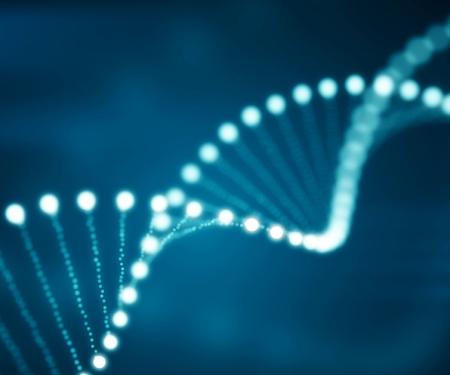The Risk Assessment Team will evaluate your personal and family history to identify any risk factors that may increase the likelihood that cancer will develop. Risk assessment can help you to understand if cancer runs in your family. If you are a cancer patient, risk assessment can help you learn if your disease was caused by genes passed down through your family through genetic testing.
Having these risk factors does not mean that cancer is sure to develop, but knowing about them allows you to take steps to reduce your chances of getting cancer.
Cancer Risk Factors
A risk factor is anything that increases a person's chance of getting a cancer. Some risk factors, like smoking, can be changed, and others, such as your age or family history, cannot.
Risk factors for cancer can include a person's age, gender, family history and medical history. Other risk factors are linked to cancer-causing factors in the environment, such as radon or certain chemicals. Still others are related to our lifestyles, such as using tobacco, drinking alcohol, having a poor diet, and exposing skin to the sun. But, it’s important to note that having one or more risk factors for cancer does not necessarily mean that you will get cancer.
What are some common cancer risk factors?
- Age. Most cancers occur in people over the age of 65.
- Family history. Some gene changes that increase the risk of cancer are passed down through relatives.
- Medical history. Some medical conditions may increase your risk of getting cancer. For example, having a colon polyp called an adenoma increase the risk of colorectal cancer. Having a noncancerous breast tissue sample with unusual cells can raise the risk of breast cancer, or having many irregular moles on your skin can increase the risk of getting skin cancer.
- Tobacco use. Using tobacco products or regularly being around tobacco smoke increases the risk of lung cancer, as well as other types of cancer.
- Sun exposure. Ultraviolet (UV) rays that come from the sun, sunlamps and tanning booths can cause skin damage that can lead to skin cancer.
- Hormone use. Taking hormones after menopause may increase the risk of breast cancer.
- Alcohol use. Having more than two drinks each day for many years may increase the chance of developing cancers of the mouth, throat, esophagus, larynx, liver and breast.
- Lifestyle choices. Poor diet, lack of physical activity, or being overweight can increase the risk for certain cancers.
- Environmental factors. Radon, asbestos, secondhand smoke and certain chemicals can increase the risk of cancer.
- Viruses and bacteria. Viruses such as human papilloma (HPV) or bacteria such as H.pylori can increase the risk of certain types of cancer.

